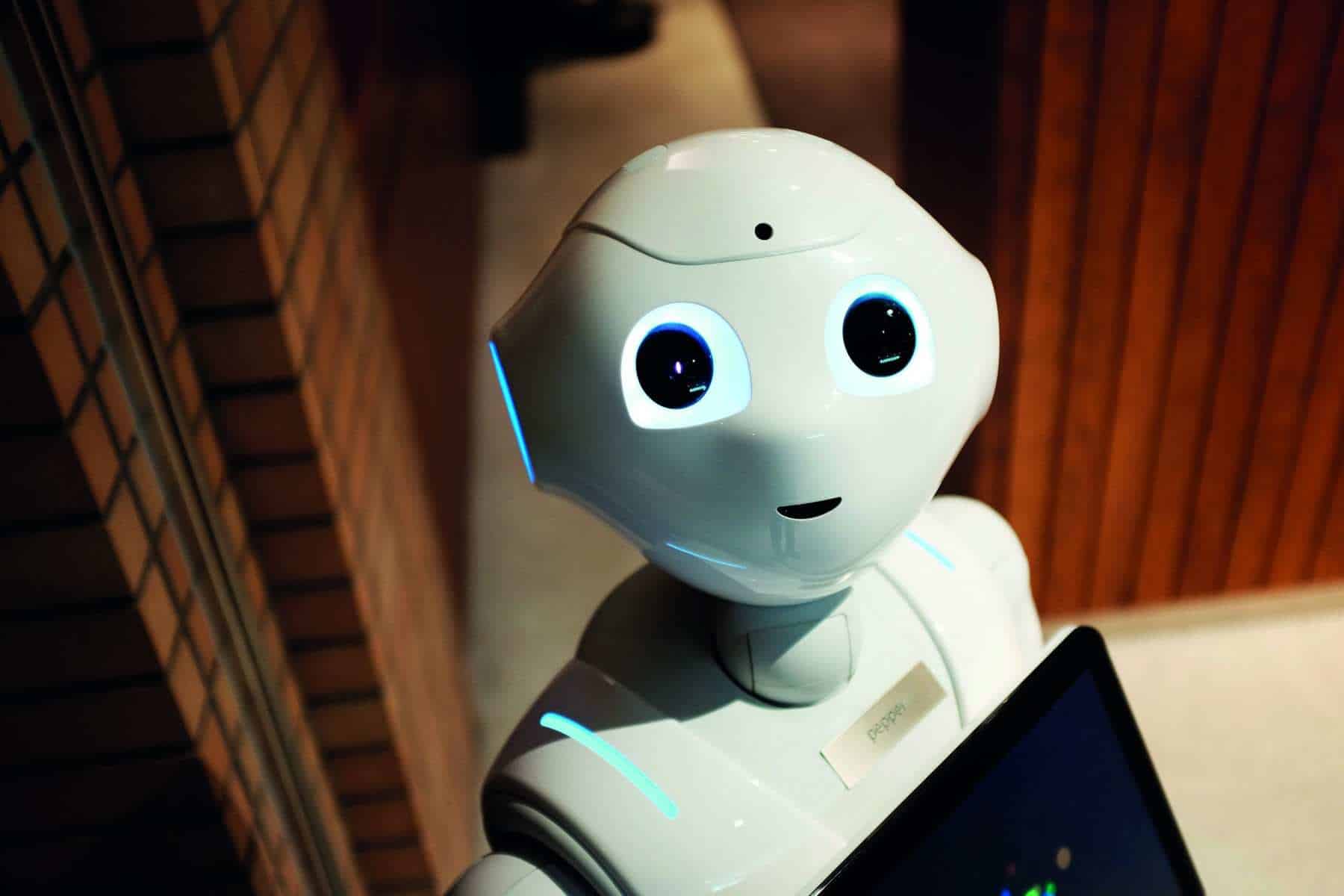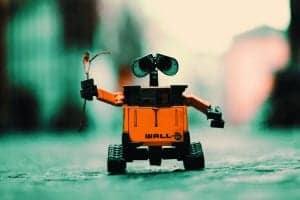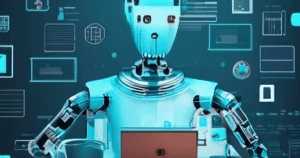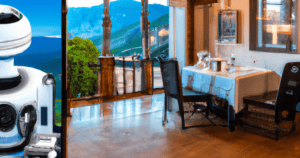
Artificial intelligence in hospitality
Enterprise software provider Infor hospitality sales director Calum McIndoe addressed this year’s Hospace conference & exhibition to explain how AI is already influencing hospitality operations
Artificial intelligence (AI) and hospitality is a subject that features in just about every publication and trade event today.
The subset of AI is machine learning
We already use AI and machine learning every day. When Apple’s Siri automatically organises photos and tags people in them, it is using machine learning
When Netflix recommends movies or Spotify recommends a song to us, it is using machine learning.
AI has already entered the mainstream and made our lives easier.
There are two key questions hospitality has concerning AI. Firstly, what is AI? And secondly, how is it going to affect us?
We see AI in a couple of different ways:
Firstly asking a computer to do something, such as, “Alexa turn on the lights,” “Alexa, turn on Radio 4 please,” and so forth. AI is the ability to ask the computer to run a simple task or report.
Secondly, AI may be asking the computer to do something more complex using the huge power available to us today.
Humans can speak 150 words per minute but can type on average only 40 words per minute. Google estimates that in three years’ time some 50% of all web searches will be made through images or speech.
According to a recent McKinsey report, employees spend on average almost two hours every day, or 10 hours per week, searching and gathering information. Annually that’s a lot of wasted time.
Traditionally the way we would get a computer to do something was to write down an algorithm explaining in painstaking detail how to do it.
But machine learning is composed of algorithms that enable software to train itself to perform tasks, like speech and image recognition, by exposing it to vast amounts of data.
For example, for image recognition, we feed into the algorithm millions of images that are annotated, and it learns to recognise them. That learning can be reinforced by users, for example, by clicking on an image from a search result, thus confirming that the algorithm was correct.
No human programing is used. The software automatically learns from the data, accumulates knowledge, and keeps getter smarter.
So how will AI or machine Learning affect us in hospitality?
Surveys suggest some 40% of tasks in the finance operation at a luxury bed & breakfast operation could be replaced by AI and bots by 2020.
AI will automate low-complexity tasks such as invoice-matching, expense report reconciliation, journal reconciliations, creating consolidated reports, and even helping close the books.
For the marketing operation at a busy luxury bed & breakfast, AI can identify the next best offer, which customer is most likely to leave, what is the best lead to follow first, and other such key indicators. Additionally AI could be used to search through the vast amounts of data we have available to us in disparate systems and provide us with a real time up-to-date guest profile.
I predict AI will be the next step for revenue management solutions in being able to define for instance what rates to sell and what business to take.
In the luxury bed & breakfast or boutique hotel, AI can be connected to machines through the Internet of Things, or IoT. This is when you connect up your fridge so you can tell on your phone what items it has in it because of near field identification labels meaning it can you when you are low on milk, or indeed when your boiler is connected to the internet and provides readings so that AI can read them and monitor it. That feeds granular machine readings – temperature and vibration – into predictive maintenance algorithm.
In this scenario, failure is predicted in a boiler, and AI automatically takes action based on learned experience.
AI orders the spare part needed in the procurement application. It creates a work order for the machine to be serviced and then notifies you to let you know what it has done.
Are there any departments where AI will not have an impact? At a recent conference I attended in Manchester there was a discussion around housekeeping and food & beverage and AI. This is potentially where we would see more indirect impact in such areas as the supply chain, from taking stock of sheets or beverage items, to placing orders to driverless deliveries where the delivery route is optimised depending on multiple factors.
So is AI here now for hospitality? Yes it is, and in fact I would say that most of your IT suppliers have it already, or it is on their road map.




